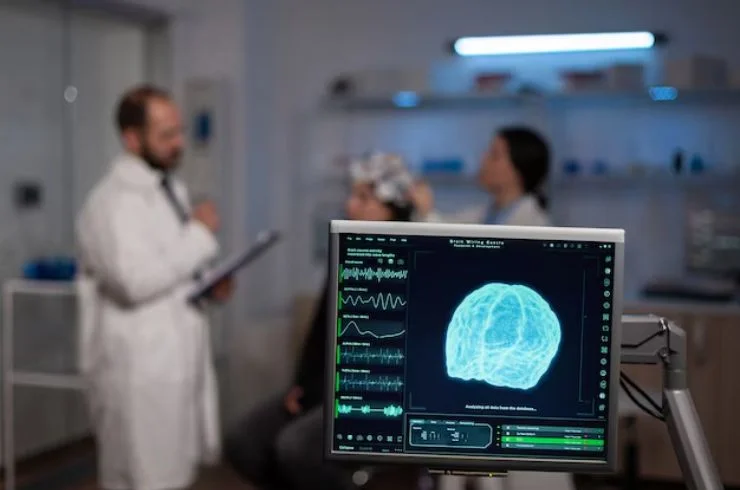- +91-7416704400
- chaitunagarakanti@gmail.com
- Secunderabad, Telangana

At NHS Hospitals, our Department of Neurology is dedicated to diagnosing, treating, and managing a wide range of neurological disorders with precision and compassion. Neurology focuses on conditions affecting the brain, spinal cord, nerves, and muscles, requiring specialized expertise and advanced technology for accurate assessment and effective treatment.
Our team of highly experienced neurologists and neurosurgeons provides comprehensive care for patients suffering from conditions such as stroke, epilepsy, Parkinson’s disease, Alzheimer’s disease, multiple sclerosis, migraine, neuropathies, and neuromuscular disorders. We are equipped with advanced diagnostic tools including EEG, EMG, nerve conduction studies, and high-resolution neuroimaging, enabling accurate evaluation and early intervention.
We adopt a multidisciplinary approach, working closely with specialists in neurosurgery, psychiatry, rehabilitation medicine, and critical care to provide holistic and personalized care. Whether it’s managing acute emergencies like stroke through state-of-the-art stroke care protocols or offering long-term care for chronic conditions such as movement disorders, our team ensures every patient receives the highest standard of treatment.
At NHS Hospitals, patient care extends beyond medical treatment. We emphasize patient education, counseling, and rehabilitation programs to improve quality of life and restore functional independence. Our dedicated rehabilitation unit focuses on physiotherapy, occupational therapy, and speech therapy for neurological recovery, ensuring a smooth return to daily activities.
From minimally invasive procedures for neurological conditions to advanced surgical interventions, we prioritize safety, precision, and comfort. With the support of our modern ICUs and 24/7 emergency services, we are fully prepared to handle complex neurological emergencies promptly.
At NHS Hospitals, our mission is to provide cutting-edge neurological care with empathy and expertise. By combining advanced technology, skilled professionals, and patient-centric care, we strive to be a trusted center for neurology and neurosurgery.